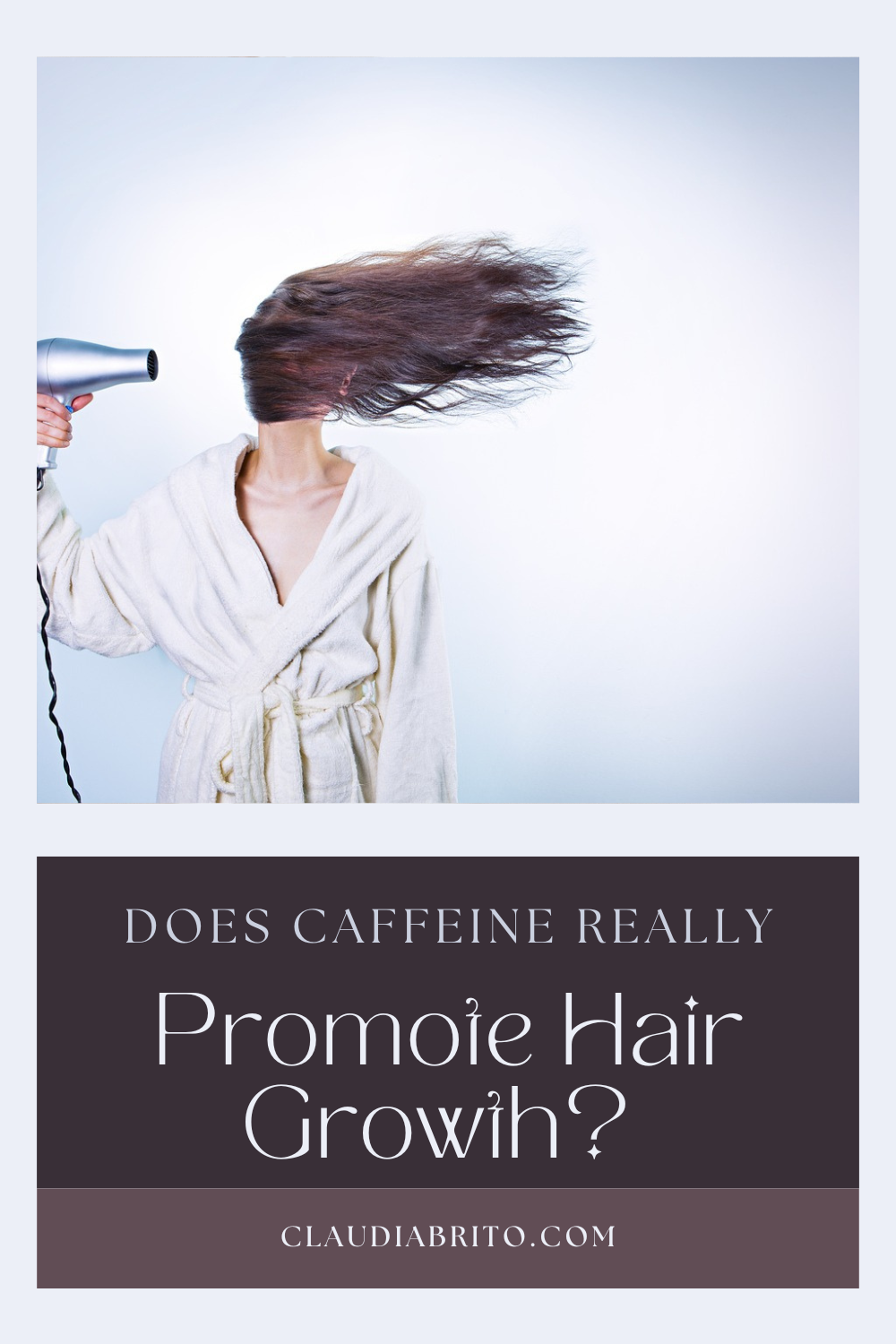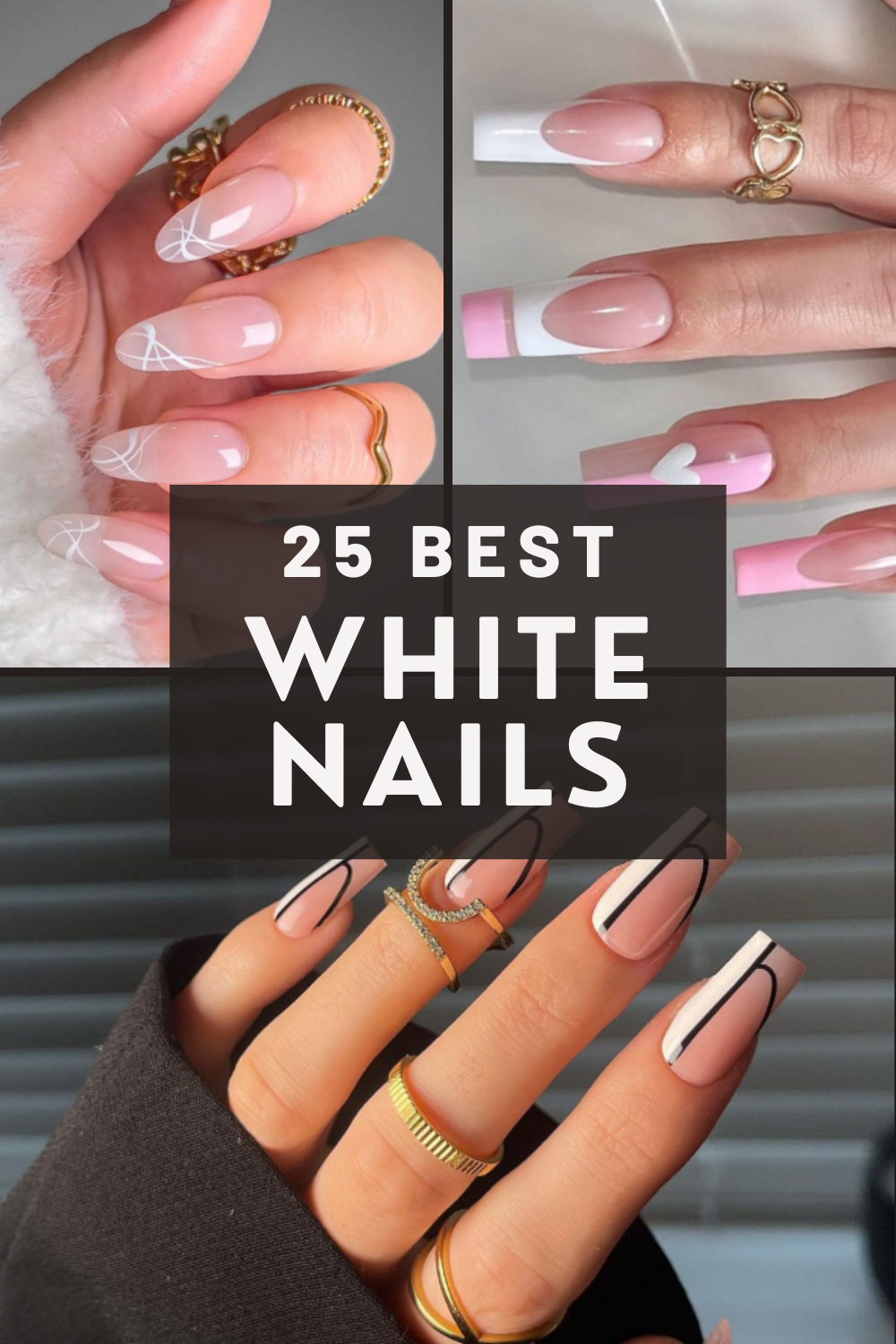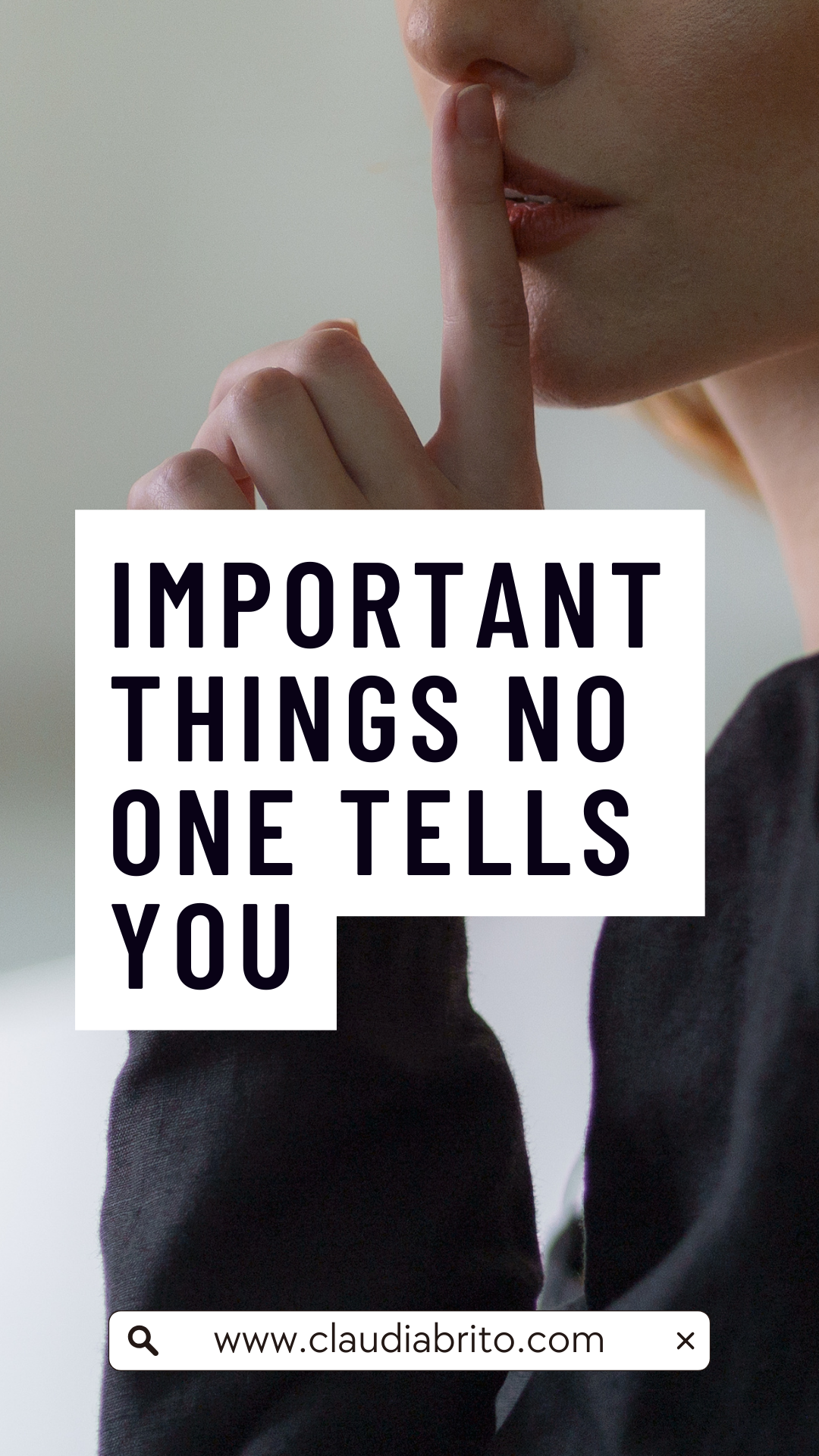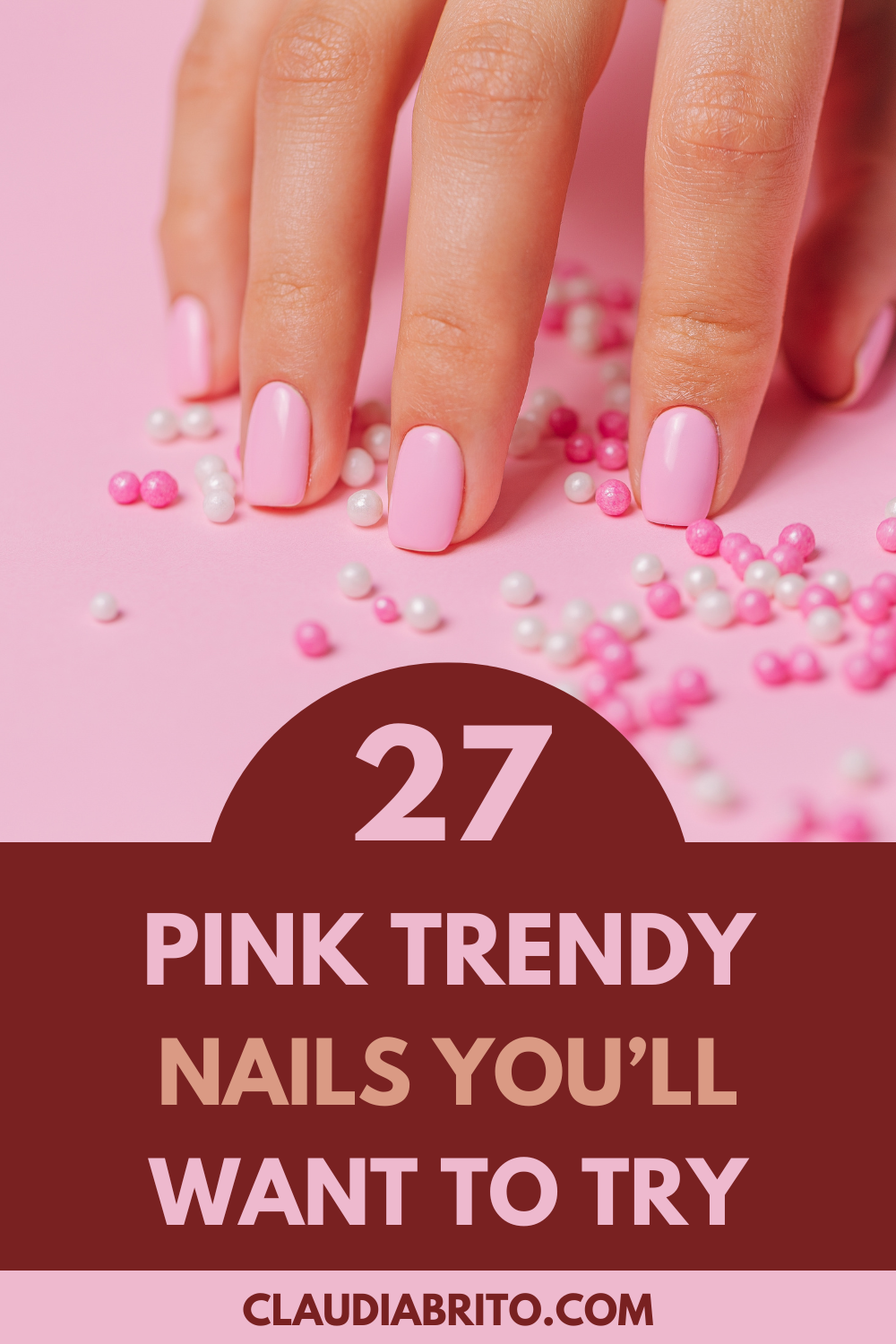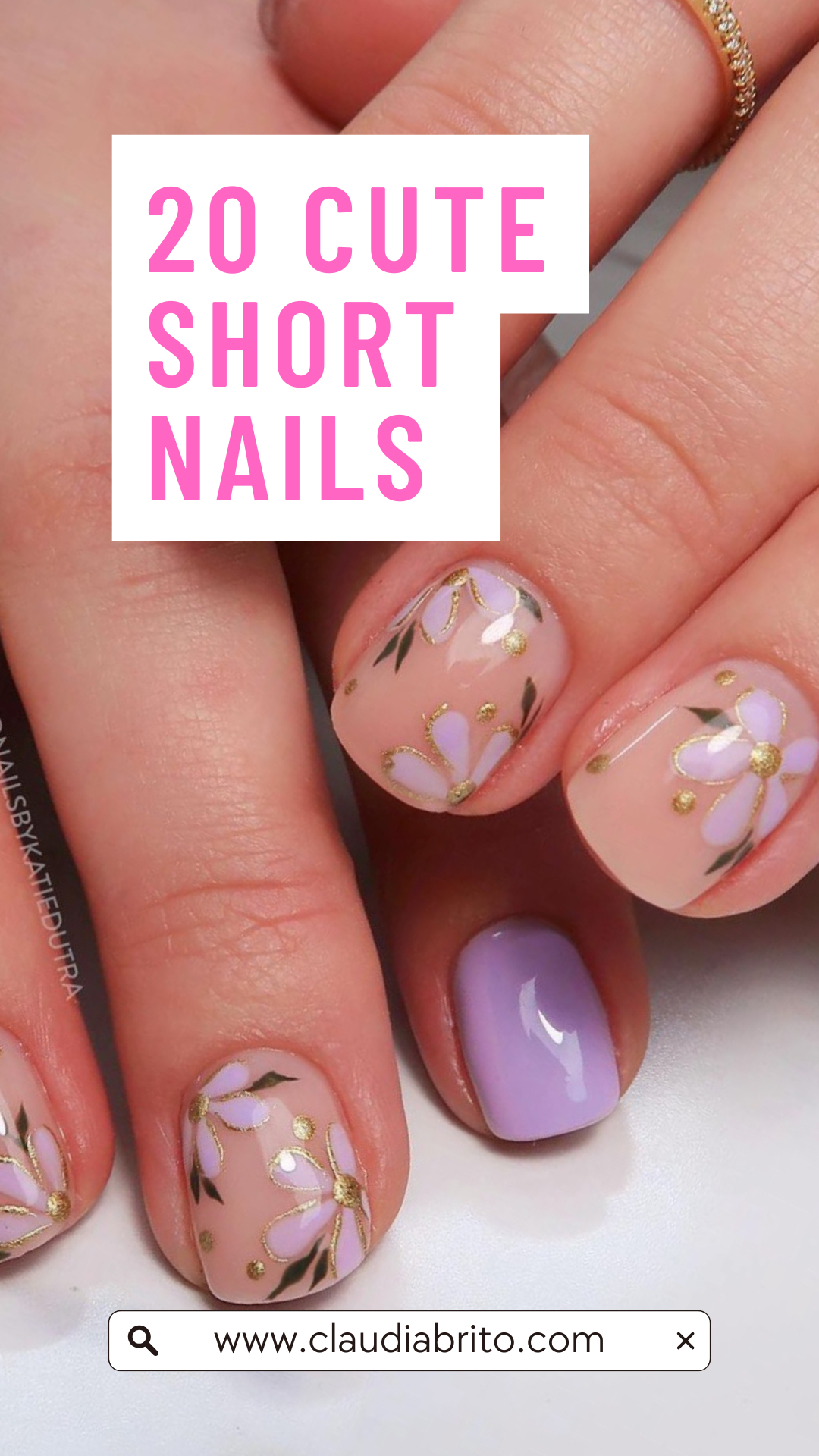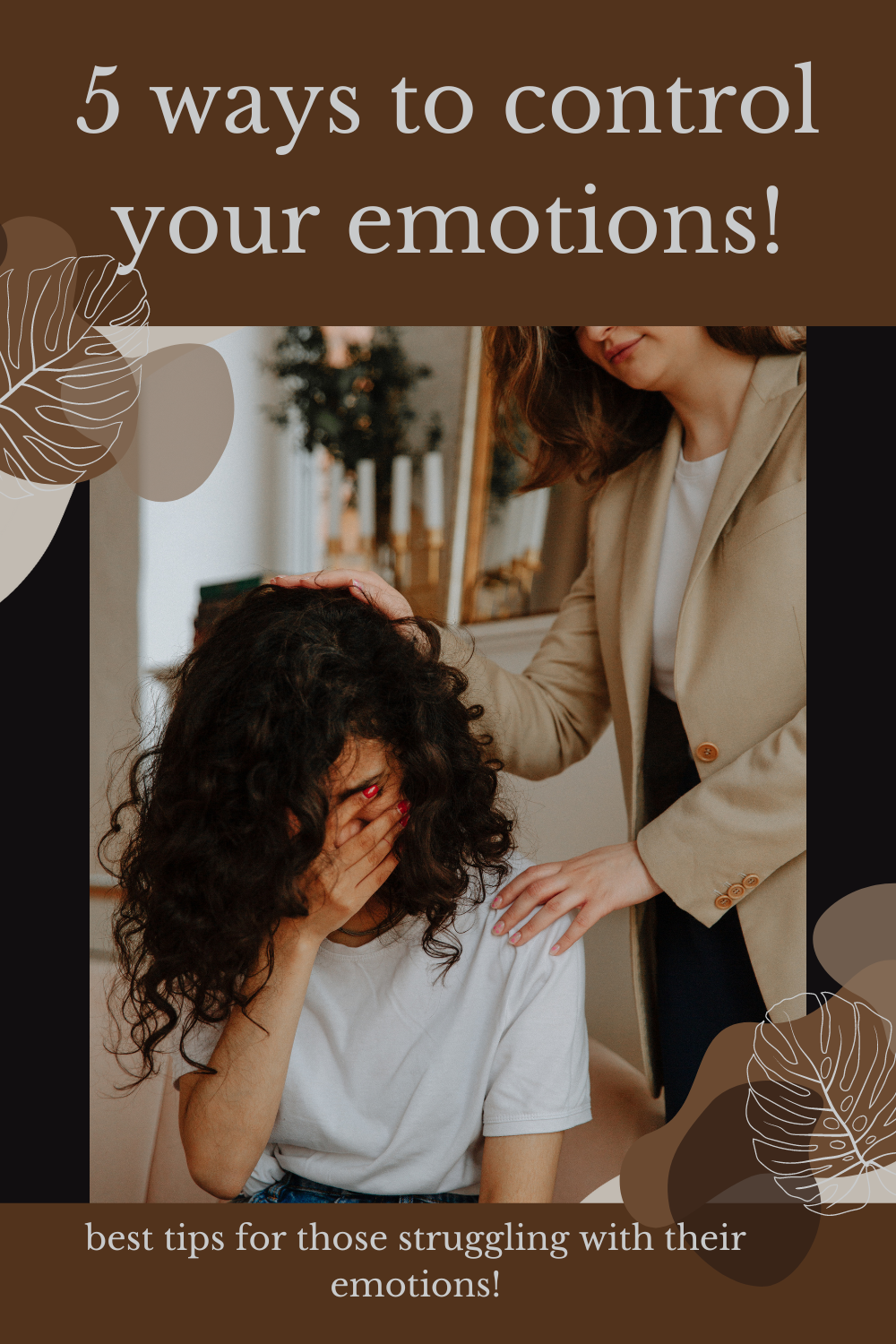In the ever-expanding world of hair care, caffeine has gained a reputation for its potential in promoting hair growth and reducing hair loss. While caffeine is best known for keeping us alert and energized, its role in hair growth has sparked curiosity among both consumers and researchers. But does caffeine really help with hair growth? Let’s explore what the science says.
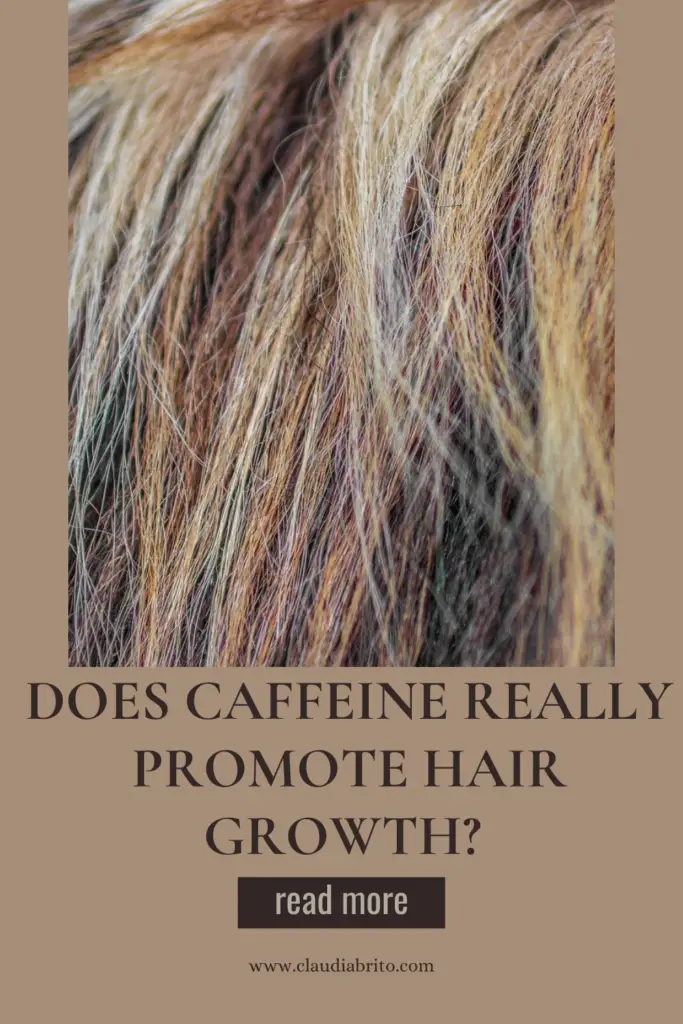
Understanding Hair Growth and Hair Loss
Before diving into caffeine’s role, it’s essential to understand how hair grows and what causes hair loss.
The Hair Growth Cycle
Hair grows in a cyclical process involving three phases:
- Anagen (Growth Phase): Lasting anywhere from 2 to 7 years, this is when hair grows actively.
- Catagen (Transition Phase): A short period (2-3 weeks) where hair growth slows, and the follicle shrinks.
- Telogen (Resting Phase): Lasting about 3 months, during which the hair remains in place before eventually falling out, restarting the cycle.
Causes of Hair Loss
Hair loss can be attributed to several factors, including:
- Genetics (Androgenetic Alopecia): Hereditary hair loss.
- Hormonal Changes: Common during pregnancy, menopause, or thyroid issues.
- Medical Conditions: Such as alopecia areata or scalp infections.
- Medications: Chemotherapy drugs, blood pressure medications, etc.
- Stress, Diet, and Hair Care Habits: These can all contribute to hair thinning or breakage.
How Does Caffeine Promote Hair Growth?
Caffeine’s potential benefits for hair growth are rooted in several scientific mechanisms:
- Stimulates Hair Follicles: Caffeine is believed to encourage hair growth by stimulating hair follicle cells, promoting longer periods of growth (anagen phase).
- Counteracts DHT: Dihydrotestosterone (DHT) is a hormone associated with hair loss, particularly in men. Studies suggest that caffeine can inhibit DHT, reducing its negative effects on hair follicles.
- Improves Scalp Circulation: Caffeine may enhance blood flow to the scalp, ensuring that hair follicles receive more nutrients and oxygen, which can aid in hair growth.
- Antioxidant Properties: Caffeine acts as an antioxidant, helping to protect hair follicles from environmental damage caused by free radicals.
What Do the Studies Say About Caffeine and Hair Growth?
Laboratory Studies
Several in vitro (lab-based) studies show caffeine’s potential to promote hair growth. For example:
- A 2007 study published in the International Journal of Dermatology found that caffeine stimulated hair follicle growth and prolonged the growth phase (anagen) in hair follicles.
- A 2014 study from the British Journal of Dermatology showed similar results, with caffeine increasing hair shaft elongation and promoting hair matrix cell proliferation.
While these findings are promising, it’s important to remember that results in laboratory settings don’t always guarantee effectiveness in real-world applications.
Clinical Evidence
Some smaller human studies have also investigated caffeine’s impact on hair growth:
- A 2018 study in the International Journal of Trichology examined the effects of a caffeine-based topical treatment on men with androgenetic alopecia (genetic hair loss). After 6 months, participants saw reduced hair loss and increased hair strength.
- Another study in 2017, published in the Journal of Applied Cosmetology, tested a caffeine shampoo on men experiencing hair loss. Results showed less hair fall and improved hair thickness.
Although these studies are encouraging, larger, long-term clinical trials are still needed to confirm caffeine’s effectiveness for all individuals.
Types of Caffeine-Based Hair Growth Products
Caffeine has found its way into various hair care products, including:
- Shampoos and Conditioners: These products are the most common, offering the convenience of daily use.
- Leave-In Treatments and Scalp Serums: These are applied directly to the scalp and left on for longer, allowing caffeine to penetrate deeper.
- Hair Masks: These provide more concentrated, deep-conditioning formulas that include caffeine along with other nourishing ingredients.
The effectiveness of these products depends on factors like the concentration of caffeine, other active ingredients, and how well the formula absorbs into the scalp.
Potential Benefits of Caffeine for Hair Growth
Based on current research, here are some of the potential benefits caffeine may offer:
- Prolongs Hair Growth: Caffeine’s ability to stimulate hair follicles and extend the anagen phase suggests that it may help increase hair density over time.
- Reduces Hair Loss: By inhibiting the effects of DHT, caffeine could reduce hair loss in individuals prone to genetic hair thinning.
- Improves Hair Strength: Some studies suggest caffeine may thicken the hair shaft, making hair appear fuller and stronger.
- Supports Overall Scalp Health: The antioxidant properties of caffeine, along with its role in boosting scalp circulation, may improve overall scalp health.
Are There Any Limitations?
While caffeine-based hair products show promise, it’s important to approach them with realistic expectations:
- Limited Large-Scale Studies: Current clinical evidence is positive but limited. Larger, more comprehensive studies are needed to confirm its long-term effectiveness.
- Effectiveness May Vary: Not everyone will see the same results from caffeine hair products. The success of treatment may depend on the cause of hair loss and the individual’s response to caffeine.
- Not a Cure-All for Severe Hair Loss: Caffeine may be most effective in early stages of hair thinning or as a complementary treatment. Those with advanced hair loss may need stronger, medically-approved treatments like minoxidil or finasteride.
Caffeine vs. Other Hair Loss Treatments
When comparing caffeine to other hair loss treatments, it’s clear that caffeine is less potent than medications like minoxidil or finasteride. However, it does come with fewer potential side effects.
Minoxidil
Minoxidil, FDA-approved for treating hair loss, has extensive clinical evidence behind it. However, some users experience scalp irritation or sensitivity.
Finasteride
Finasteride, another FDA-approved treatment, is highly effective for male pattern baldness but can have more serious side effects, including potential sexual dysfunction.
Compared to these options, caffeine-based products are more gentle and less likely to cause side effects but may not be as effective for more severe cases of hair loss.
How to Incorporate Caffeine-Based Hair Products Into Your Routine
If you’re interested in trying caffeine-based hair growth products, here’s how to get started:
- Start with a Caffeine Shampoo: Incorporating a caffeine shampoo into your daily routine is a simple way to see how your hair responds.
- Be Consistent: Like any hair treatment, results take time. Be patient and consistent with your use.
- Combine with Scalp Massage: Massaging your scalp during shampooing can enhance blood circulation, helping caffeine to absorb more effectively.
- Pair with Other Treatments: If you’re already using treatments like minoxidil, consult with your doctor about adding caffeine products to your routine.
Conclusion
Caffeine has shown potential in promoting hair growth, especially in the early stages of hair thinning. While it’s not a miracle cure, its ability to stimulate hair follicles, improve scalp circulation, and counteract the effects of DHT make it a promising option for those looking to boost hair growth. As more research emerges, we’ll likely see even more advanced formulations and stronger evidence supporting its effectiveness.
For now, caffeine-based products are a relatively safe, easy-to-use option that may work well alongside other hair loss treatments. If you’re experiencing mild to moderate hair thinning, incorporating caffeine into your hair care routine might just give your locks the boost they need.
YOU MIGHT ALSO LIKE
7 Simple Steps To Look Good Everyday
It’s very hard to look good every day, especially on days YOU DON’T FEEL GOOD AT ALL. In our busy schedules, it gets extremely hard to look ‘put…
4 min read
25 Best White Nail Design For Summer
1. White Strips White Summer Nails 2. White And Gold Summer Nails 3. White Heart And French Tip Summer Nails 4. White And Black Summer Nails 5. Side…
4 min read
4 Important Things No One Tells You!
If you click on this blog post is because you want to know Important things that nobody knows. You don’t want to know the common things, but you…
4 min read
27 Pink Trendy Summer Nails You’ll Want To Try
1. Pink Strips Summer Nails 2. Flamingo Pink Summer Nails 3. Pink Smile Face Summer Nails 4. Pastel Pink Summer Nails 5. Natural Pink Summer Nails 6. Flower…
4 min read
20 Cute Short Natural Nails For Summer
It’s not everyday we want to do acrylic or gel, sometimes we just want something natural but beautiful on our natural nails. Here it is some inspirations for…
4 min read
How To Control Your Emotions?
Emotions are always with us in the many tasks we do throughout the day; either with our relationship with our significant other, at work, friendships, etc. It is…
4 min read
